About the Bounce: Darda Sales
Author: Jeff Tiessen
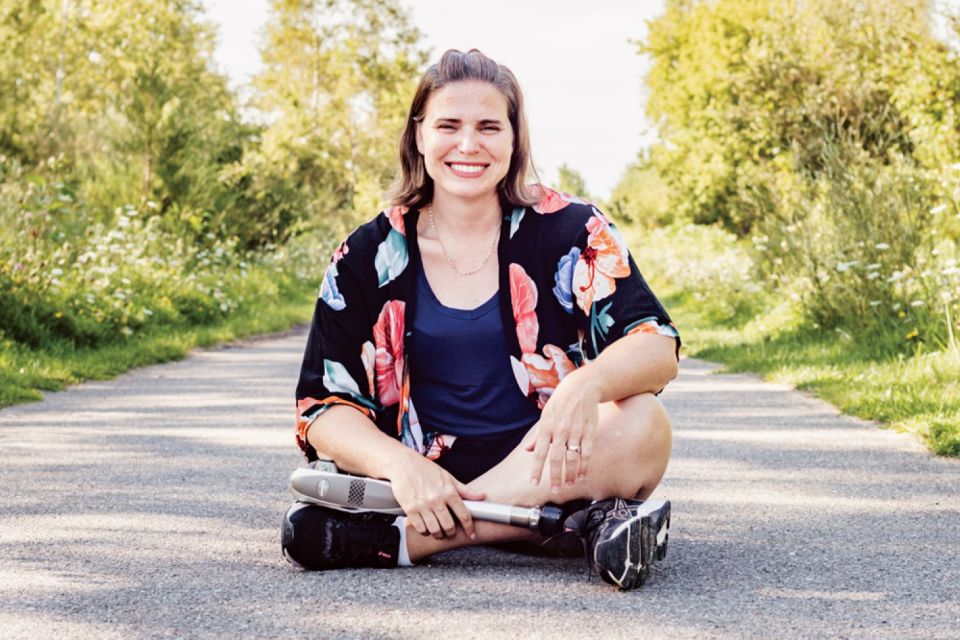
When Darda Sales dipped her foot into the world of competitive swimming she found her lane. But she didn’t stay in just that one. Never afraid to fail, for her, life is all about learning.
She learned how to raise children as an above-knee amputee mom. A recent Western University Ph.D. graduate, her resume also reads researcher, coach, classifier and advocate for athletes with disabilities, particularly swimmers with her work at Swim Ontario. Darda recently shared some of her bounce-back life lessons in an interview with thrive publisher Jeff Tiessen.
The culture that I grew up in, with the idea that you must wear a prosthesis, I now believe limited me in some ways. A wheelchair would have been good for going for walks with my friends. Hop in my chair, push myself there and join them.
Everyone goes through tough times at times, whether you have a disability or not. How do we learn from that? I'm totally fine as a mature adult to fail at things. What's important is learning from it. The only time you fail is when you fail to learn. That's what I instill in my kids too. That's how I coach my athletes as well. We can learn something from every situation. That’s what's in the bounce. I'm a professional bouncer you might say (laughs).
Connect with the amputee community and learn from others who have lived experiences similar to what you are about to. Medical professionals are great and play an important role. But those who are living it are those who are going to be able to give you those day-to-day secrets and nuggets that make life easier. And they will be able to truly empathize with you. They know about bad days. They know that it sucks to wear a prosthesis some days. They get it. They can help you learn how to live life better. They’ll encourage you.
But this goes, really, for all amputees. There is so much we all don’t know. And even though we have the Internet, the answers are not all there. Pull strength from those who are living it. Ask questions of them that you may not be able to ask elsewhere.
We are allowed to have bad days. Sometimes, we in the disability community try to put on a brave face all the time because we don't want to be seen as complainers. We want to be seen as functionally able, so we can't complain. That's not reality. Finding people who are empathetic is so important. When they tell you, “Yeah I've been there but there are better days ahead,” they know it and it's true.
Connect with the amputee community and learn from others who have lived experiences similar to what you are about to. Medical professionals are great and play an important role. But those who are living it are those who are going to be able to give you those day-to-day secrets and nuggets that make life easier. And they will be able to truly empathize with you. They know about bad days. They know that it sucks to wear a prosthesis some days. They get it. They can help you learn how to live life better. They’ll encourage you.
But this goes, really, for all amputees. There is so much we all don’t know. And even though we have the Internet, the answers are not all there. Pull strength from those who are living it. Ask questions of them that you may not be able to ask elsewhere.
We are allowed to have bad days. Sometimes, we in the disability community try to put on a brave face all the time because we don't want to be seen as complainers. We want to be seen as functionally able, so we can't complain. That's not reality. Finding people who are empathetic is so important. When they tell you, “Yeah I've been there but there are better days ahead,” they know it and it's true.

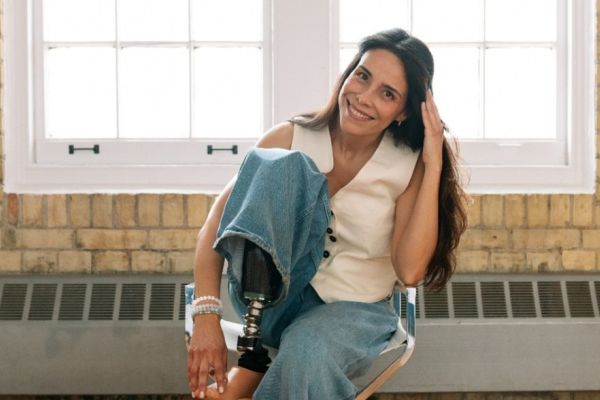
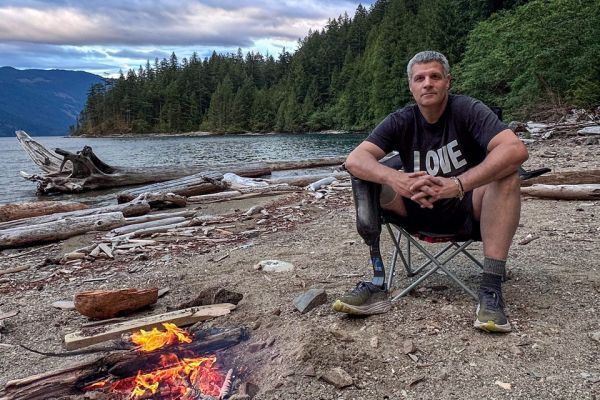


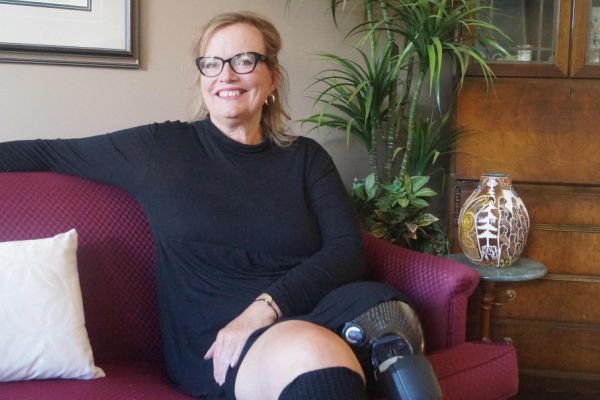
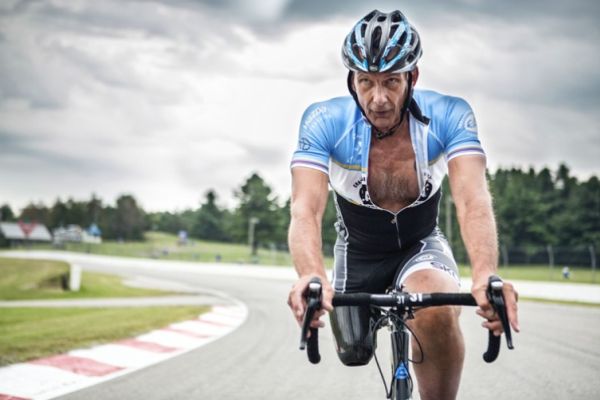

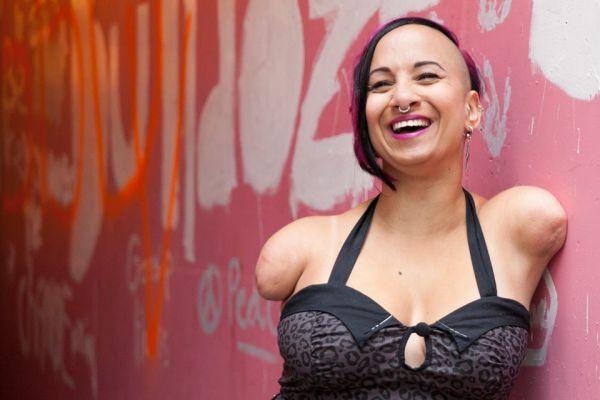

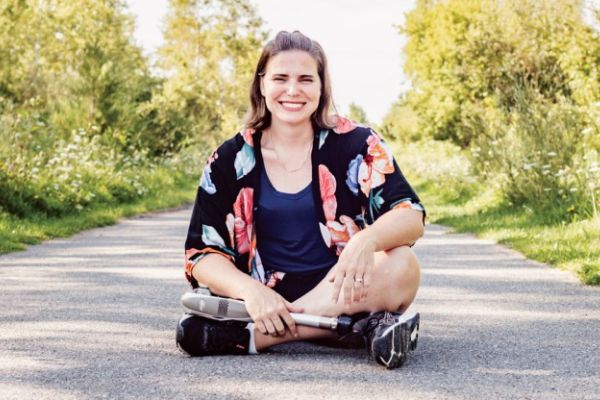
 How to resolve AdBlock issue?
How to resolve AdBlock issue?